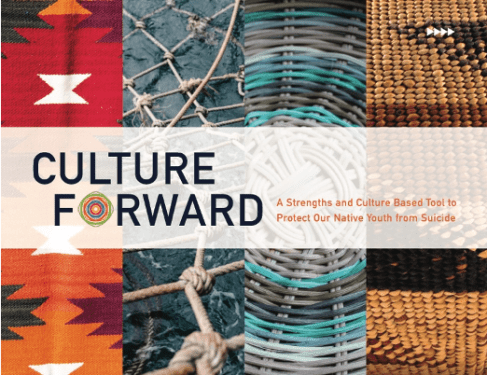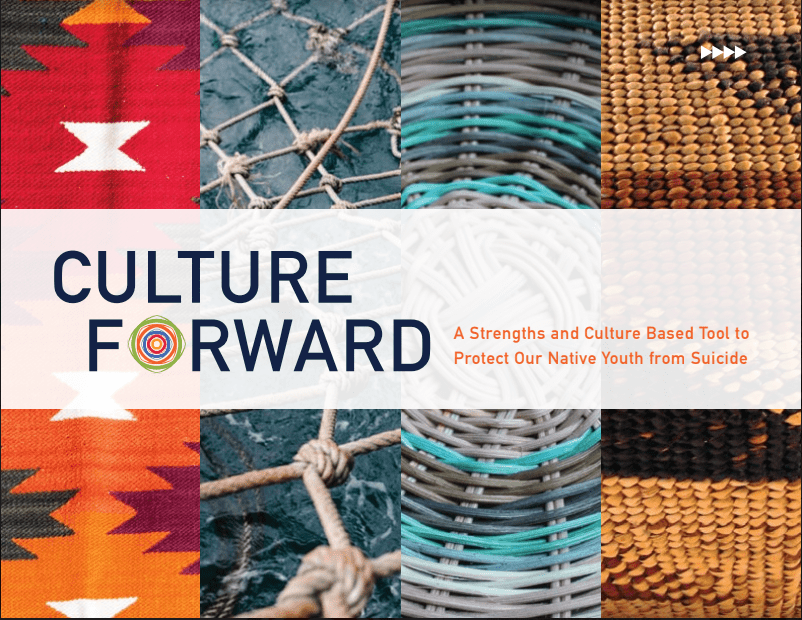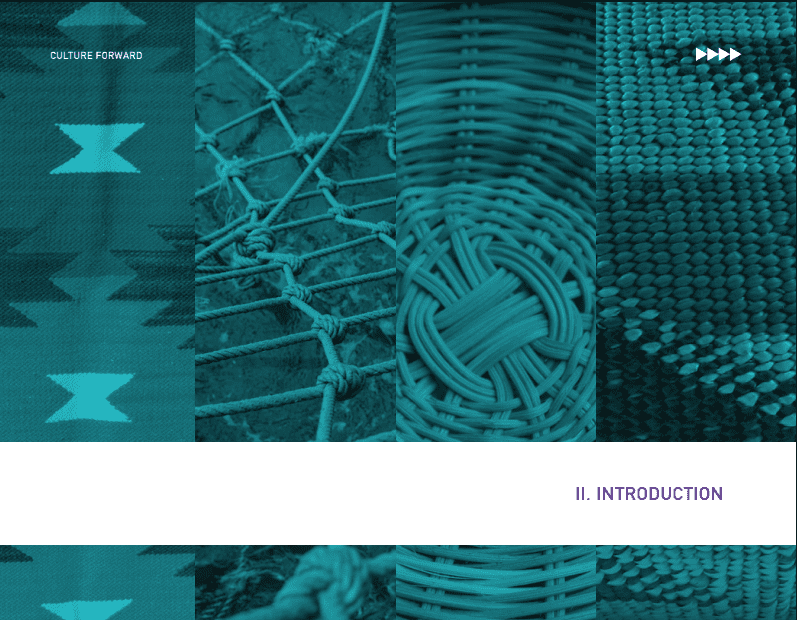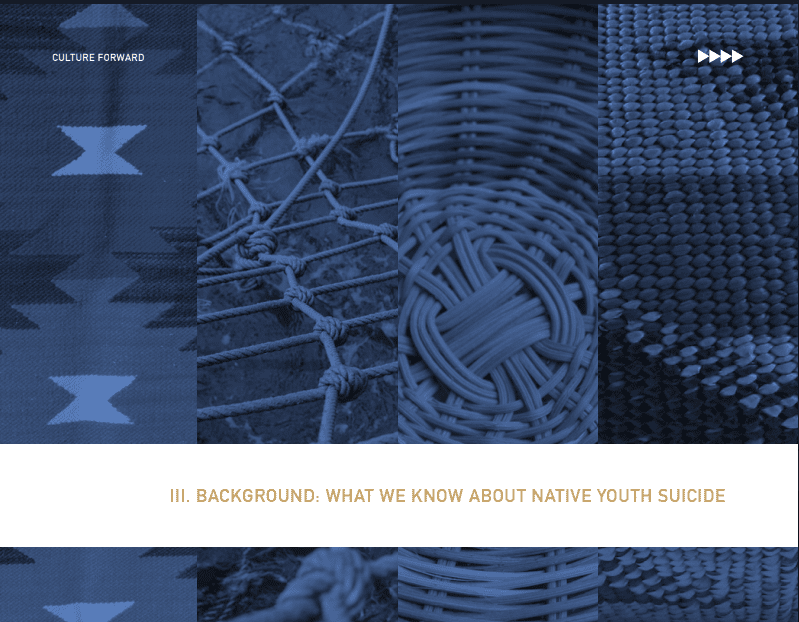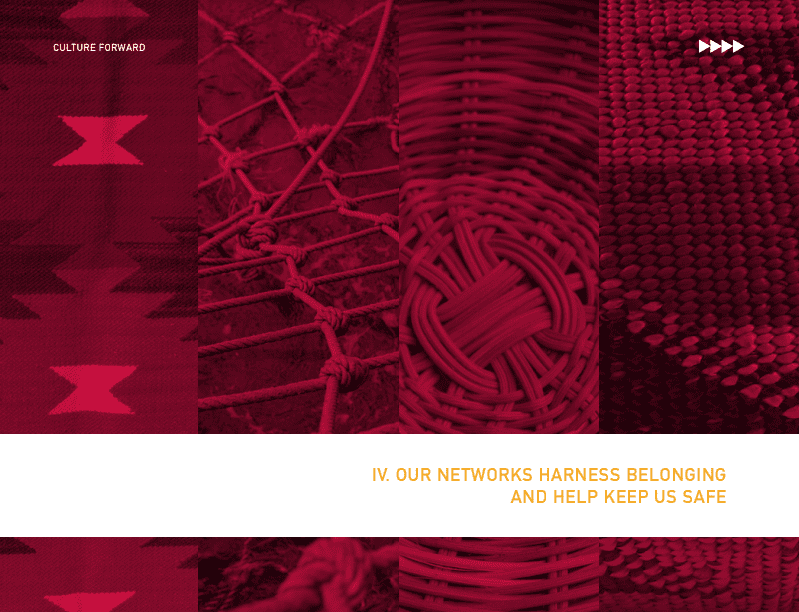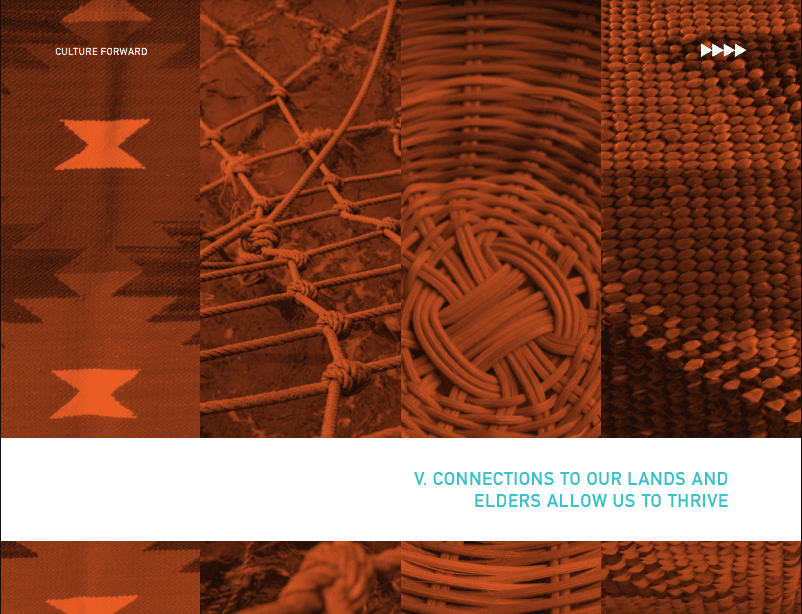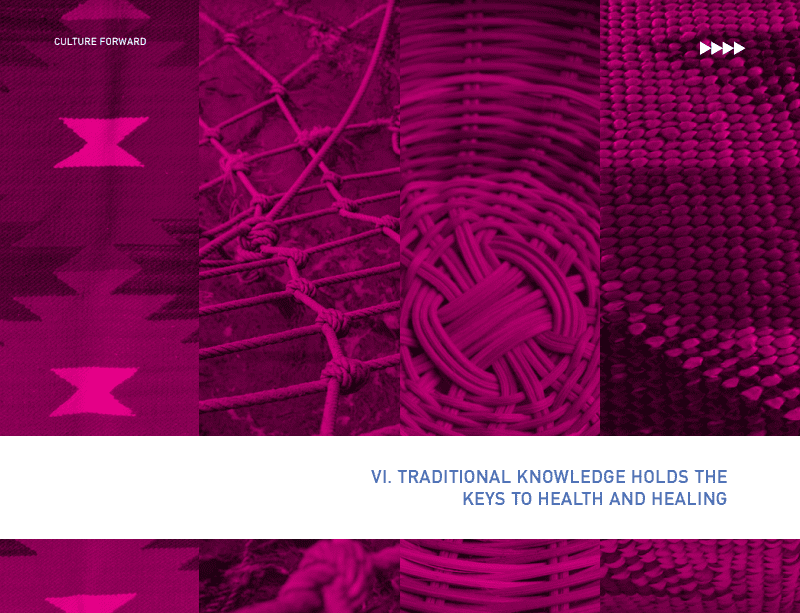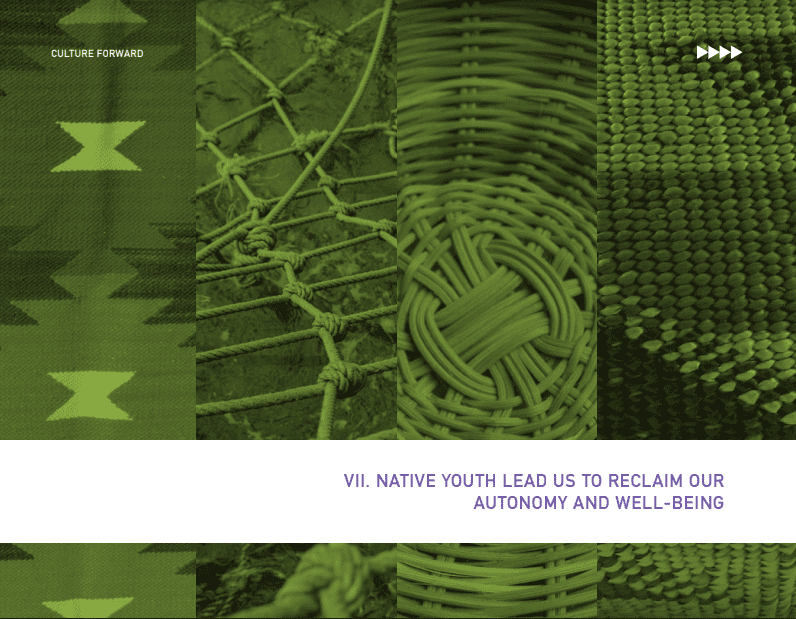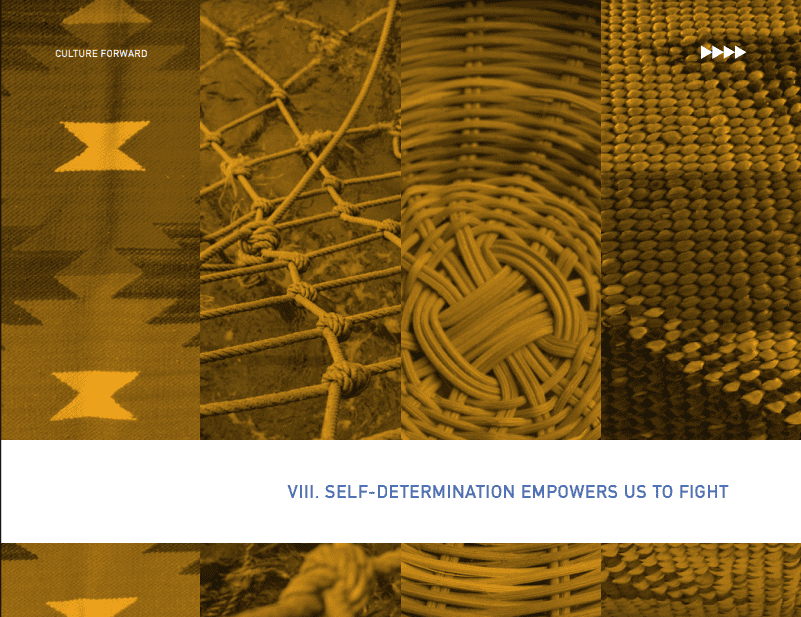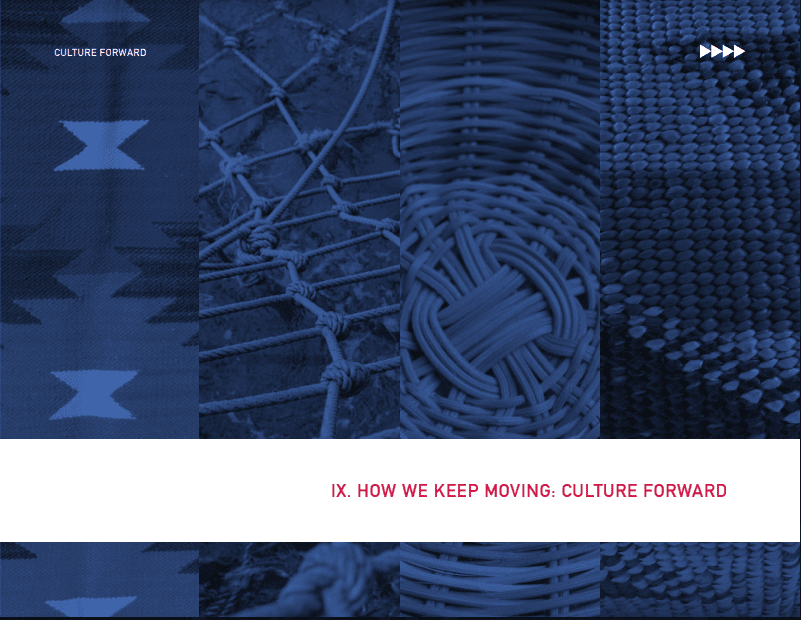About
We are honored to share CULTURE FORWARD: A Strengths and Culture Based Tool to Protect Our Native Youth from Suicide. In partnership with Casey Family Programs, the Johns Hopkins Center for Indigenous Health spent two years listening to Native voices from across Indian Country and scanning Indigenous literature to gather tribally-driven, evidence- and practice-based solutions to prevent youth suicide.
Background
Prior to CULTURE FORWARD, the majority of published literature and resources about American Indian/Alaska Native youth suicide tended to be problem- and deficit-based, missing essential understandings of Native communities’ capacity to promote unique cultural strengths and traditions to protect youth. Every single listening session the Johns Hopkins Center for Indigenous Health conducted across Indian Country with Native youth, tribal leaders, Elders, traditional healers, grassroots leaders, and others highlighted the vital importance of cultural strengths to prevent suicide. We responded to this call from stakeholders by designing CULTURE FORWARD with a vision to flip the dominant narrative and elevate Indigenous knowledges, findings and resources that represent strengths- and culture-based approaches to prevent suicide and promote healthy Native youth development.
Collaborative Development
CULTURE FORWARD was developed through an iterative, collective effort to include as many Native voices as possible across Indian Country. We spent six months conducting listening sessions with more than 60 Native stakeholders, including tribal leaders, Native youth leaders, grassroots leaders working to prevent suicide in their communities, two-spirit leaders, Elders, traditional healers, and Native veterans/military service members. From these listening sessions, five core themes emerged to form the guiding principles and chapters of CULTURE FORWARD.
We also convened a national advisory editorial board (NAEB) to review, edit, and ensure CULTURE FORWARD was fully shaped by Native perspectives. NAEB members shared valuable feedback and input that shaped the final CULTURE FORWARD guide.
NAEB Members
Mikah Carlos (Onk Akimel OOdham, Xalychidom Piipaash, Tohono OOdham), GOYFF Project Coordinator, Salt River Pima-Maricopa Indian Community
Colbie Caughlan, MPH, Project Director at the Northwest Portland Area Indian Health Board’s Tribal Epidemiology Center
Francys Crevier (Algonquin), Executive Director, National Council of Urban Indian Health
Pamela End of Horn (Oglala Lakota), MSW, LICSW, Federal Agency Representative, National Suicide Prevention Consultant, Indian Health Service
Ashleigh N. Fixico (Muscogee (Creek) Nation), Native Youth Representative
Robert Flying Hawk (Yankton Sioux), Chairman, Yankton Sioux Tribe
Johnnie Jae (Otoe-Missouria/Choctaw), Founder, A Tribe Called Geek & #Indigenerds4Hope
Josie Raphaelito (Diné), Health Planner, Seneca Nation Health System
Rory C. Wheeler (Seneca Nation), Youth Commission Co-President, National Congress of American Indians
Information & Action
CULTURE FORWARD is designed with implementation in mind. It includes actionable steps that community leaders can take and links to resources containing a wealth of additional knowledge from across Indian Country. We hope this new resource will provide elders, youth and tribal leaders, health and human service providers and other change agents with carefully researched ideas and solutions to leverage unique strengths within tribal communities to protect youth against suicide. We also see this as a first step toward building a national coalition to advance a strengths-based Indigenous movement to promote tribal youth well-being.
This report was made possible in collaboration with Casey Family Programs, an operating foundation committed to supporting tribes in strengthening tribal nations’ capacity to keep children healthy, safe, and connected with their families, communities and cultures.

